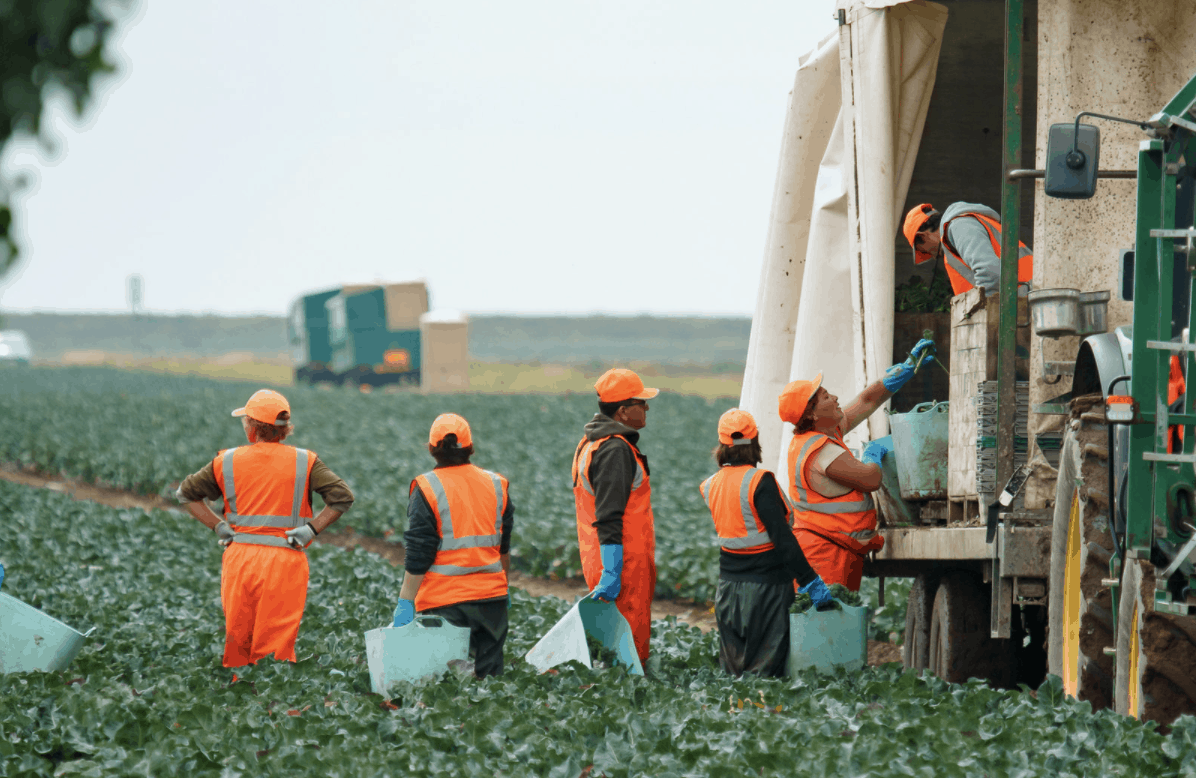
Rund Khayyat is a student at Harvard Law School.
The Washington Supreme Court held Thursday that the state’s dairy workers are entitled to overtime pay if they work over 40 hours a week — a landmark labor ruling that will likely extend to the rest of the state’s agriculture industry.
For the past 60 years, state law has exempted farmworkers from the classes of workers entitled to overtime pay, but the 5-4 majority found that unconstitutional. The majority reasoned that the Washington state Constitution grants workers in “dangerous industries” a fundamental right to health and safety protections, including overtime pay, which discourages employers from forcing employees to work excessive hours. Though the ruling was limited to the dairy industry, attorneys say that the reasoning covers all 200,000-plus farmworkers in the state’s agriculture industry because the Washington Supreme Court has long recognized that all farm work is “very dangerous.”
Washington is now the first state to grant farmworkers overtime protection through the courts, and the decision could provide a template for extending stronger protections across the country. As of now, New York began requiring overtime only if farmworkers work over 60 hours a week, and California has begun phasing in some overtime protections.
In another huge win for labor organizers, Arizona voters have passed a measure to tax the wealthy an additional 3.5% in order to boost teacher pay. Proposition 208, nicknamed “Invest in Ed,” emerged from a 2018 teachers strike that highlighted low wages for educators and a slow rebound from Great Recession-era budget cuts. Teachers campaigned hard for the measure, which should address Arizona’s stark teacher shortage and make up for lagging state education funding. Over a quarter of the state’s teaching positions are empty, and of the positions filled, half are teachers who lack standard teaching requirements, according to a recent Arizona School Personnel Administrators Association survey. Moreover, Arizona has consistently maintained one of the lowest per-pupil funding rates in the country, according to the U.S. Census Bureau’s most recent numbers.
Finally, the latest jobs report reveals that the American economy gained 638,000 jobs last month, and the unemployment rate fell to 6.9 percent, from 7.9 percent in September. The numbers signal that the labor market has been slowly recovering, though a national upturn in coronavirus cases threatens to jeopardize future growth.
The country has recovered about half of the 22 million jobs lost after the pandemic hit in March, but gains have slowed in the past few months — though we added 1.8 million jobs in July and 1.5 million in August, that figure plummeted to 672,000 in September.
Even without the threat of future losses, 11 million workers remain unemployed, and joblessness has been prolonged for many: the number of long-term unemployed — those without work for at least 27 weeks — increased 300% in one month from 1.2 million to 3.6 million in October. These numbers do not reflect the millions of workers who have had their hours or pay reduced during the pandemic.






Daily News & Commentary
Start your day with our roundup of the latest labor developments. See all
December 22
Worker-friendly legislation enacted in New York; UW Professor wins free speech case; Trucking company ordered to pay $23 million to Teamsters.
December 21
Argentine unions march against labor law reform; WNBA players vote to authorize a strike; and the NLRB prepares to clear its backlog.
December 19
Labor law professors file an amici curiae and the NLRB regains quorum.
December 18
New Jersey adopts disparate impact rules; Teamsters oppose railroad merger; court pauses more shutdown layoffs.
December 17
The TSA suspends a labor union representing 47,000 officers for a second time; the Trump administration seeks to recruit over 1,000 artificial intelligence experts to the federal workforce; and the New York Times reports on the tumultuous changes that U.S. labor relations has seen over the past year.
December 16
Second Circuit affirms dismissal of former collegiate athletes’ antitrust suit; UPS will invest $120 million in truck-unloading robots; Sharon Block argues there are reasons for optimism about labor’s future.